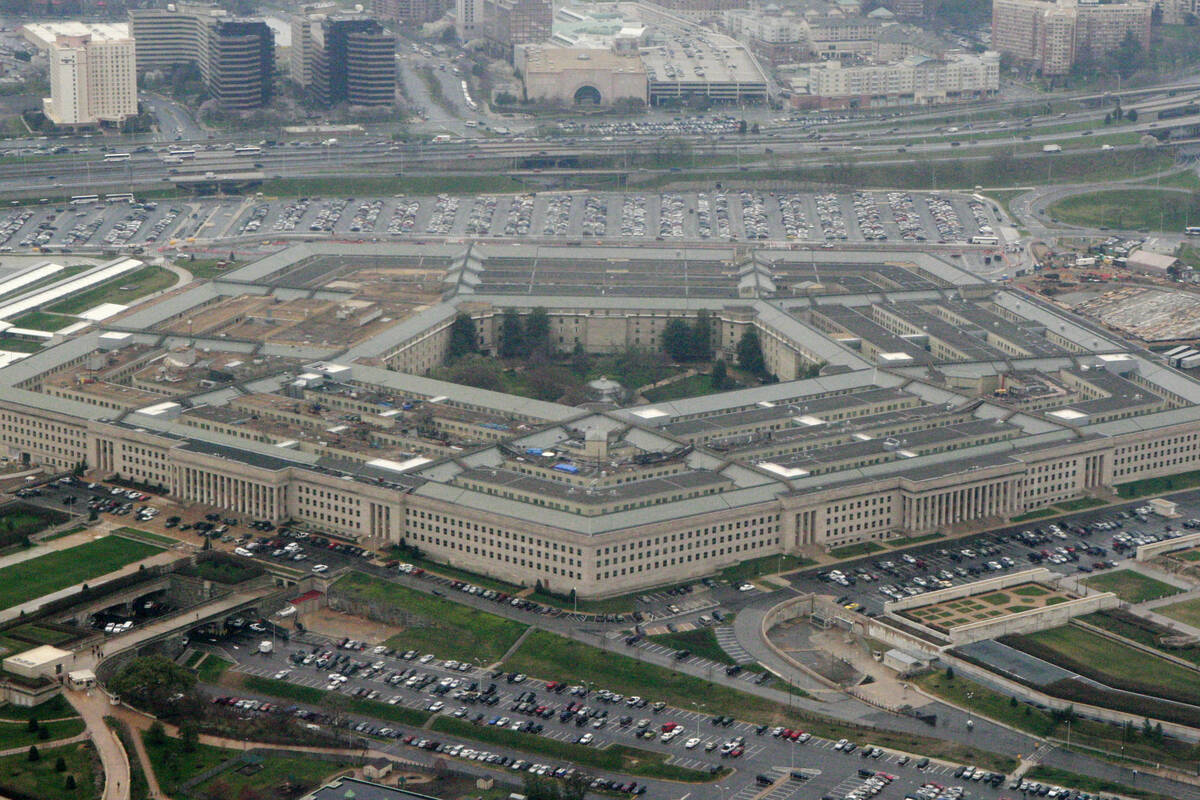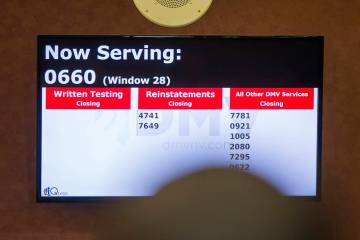EDITORIAL: Pentagon keeps reaching new lows in financial accountability
Washington in recent decades hasn’t been synonymous with prudent fiscal management — witness the national debt roaring past $33 trillion — but the Pentagon keeps reaching new lows in financial accountability.
Last month, the Defense Department announced that, for the sixth year in a row, the Pentagon had failed its independent annual audit. In fact, the agency has failed every audit since it finally began complying in 2018 with the 1990 law mandating such reviews. It is the only federal agency with that ugly blot on its resume.
“Hundreds of independent auditors examine the Pentagon’s books each year to determine whether it can account for the money it’s given and how effectively the military is spending it,” Stars and Stripes noted about the $800 billion annual U.S. defense budget. But the Pentagon “couldn’t give auditors enough financial data to allow them to form an opinion.”
The lax controls are astounding. A previous audit found that the Pentagon had no idea where 39 of its Black Hawk helicopters had gone. Other reviews have documented that the agency barely tracks its vast real estate holdings.
This futility has caught the attention of Congress. A bipartisan group of senators this year introduced the Audit the Pentagon Act of 2023 in an effort to force the agency to comply with audit procedures or face potential financial ramifications. In 2022, the senators reported, the Pentagon was unable to account for half of its assets.
“Accountability and transparency are the bedrock of responsible democracy,” Sen. Rand Paul, R-Ky., said. “No institution is above scrutiny, especially the Department of Defense, which has the largest budget of any federal agency and is charged with carrying out the greatest constitutional responsibility. We need to ensure that our defense spending is accurate, accountable, and in the best interest of American taxpayers.”
Indeed, the nation requires a strong defense, which is a primary duty of the federal government. But allowing the Pentagon to waste billions every year without consequence while evading traditional standards of oversight is a recipe for weakening rather than bolstering this nation’s defenses.
Defense officials insist they’ve made progress implementing financial controls over the past decade. But it isn’t enough. Nor is it proper for them to slow-play Congress, content with the knowledge that many members of the House and Senate will be reluctant to take action for fear of being labeled soft when it comes to national defense.
The more efficient the Pentagon operates, the better equipped it will be to handle its constitutional duties of providing for the common defense. On this, both Republicans and Democrats should agree.




























